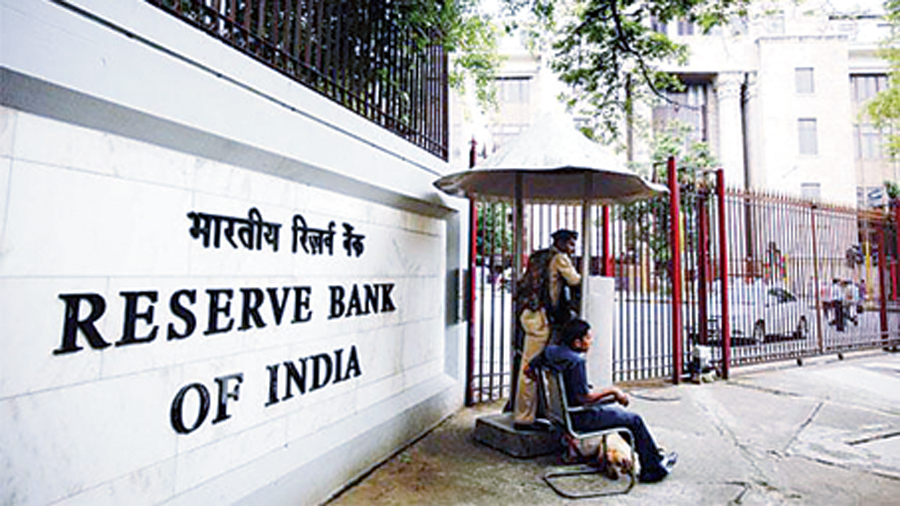The RBI working group’s proposal to allow corporate houses to set up banks is a ‘good-looking’ step in a ‘bad direction’ and may lead to crony capitalism and eventual financial instability, Kaushik Basu, former chief economist of the World Bank, said on Thursday.
Basu said there is a good reason why all successful economies have a clear dividing line between industries and corporations on the one hand, and banks and lending organisations on the other.
“The proposal from the recently set up internal working group of the Reserve Bank of India to allow Indian corporate houses to own and run banks is a good-looking step in a bad direction,” he said.
Basu, who was also the chief economic adviser during the UPA period, said at first sight, this may look good because the close connection between corporations wanting to borrow and banks wanting to lend speeds up lending activity and makes the banking sector look more efficient.
“But such connected lending is almost invariably a step towards crony capitalism, where a few big corporations capture the business space in the country, slowly edging out the smaller players.
“Also, connected lending can lead to eventual financial instability,” he argued.
Last week, the RBI group made various recommendations, including that large corporates may be permitted to promote banks only after necessary amendments to the Banking Regulation Act.
“There is a lot of evidence that connected lending was the biggest cause of the build-up of bad loans in 1997 in Asia, which resulted in the East Asian Crisis that began in Thailand and turned out to be one of the biggest financial crashes in the world,” he said.
India’s Banking Regulation Act, 1949, which was originally the Banking Companies Act, 1949, is a very well-crafted law, the eminent economist said adding it reflects the sophistication of the founders of modern India. Basu, however, noted that times have changed and there are reasons to amend some parts of it.
“I think creating avenues for some non-banking financial companies, which are not controlled by industrial houses, into proper banks is worth considering seriously.
“But the change in law that will allow industrial houses to own and run banks is a completely wrong move and a recipe for two possible outcomes — crony capitalism and financial crash,” he said.
Recently, former RBI Governor Raghuram Rajan and ex-Deputy Governor Viral Acharya in a joint article had said that the RBI working group's proposal to allow corporate houses to set up banks is a “bombshell” and at this juncture, it is more important to stick to the tried and tested limits on involvement of business houses in the banking sector.










